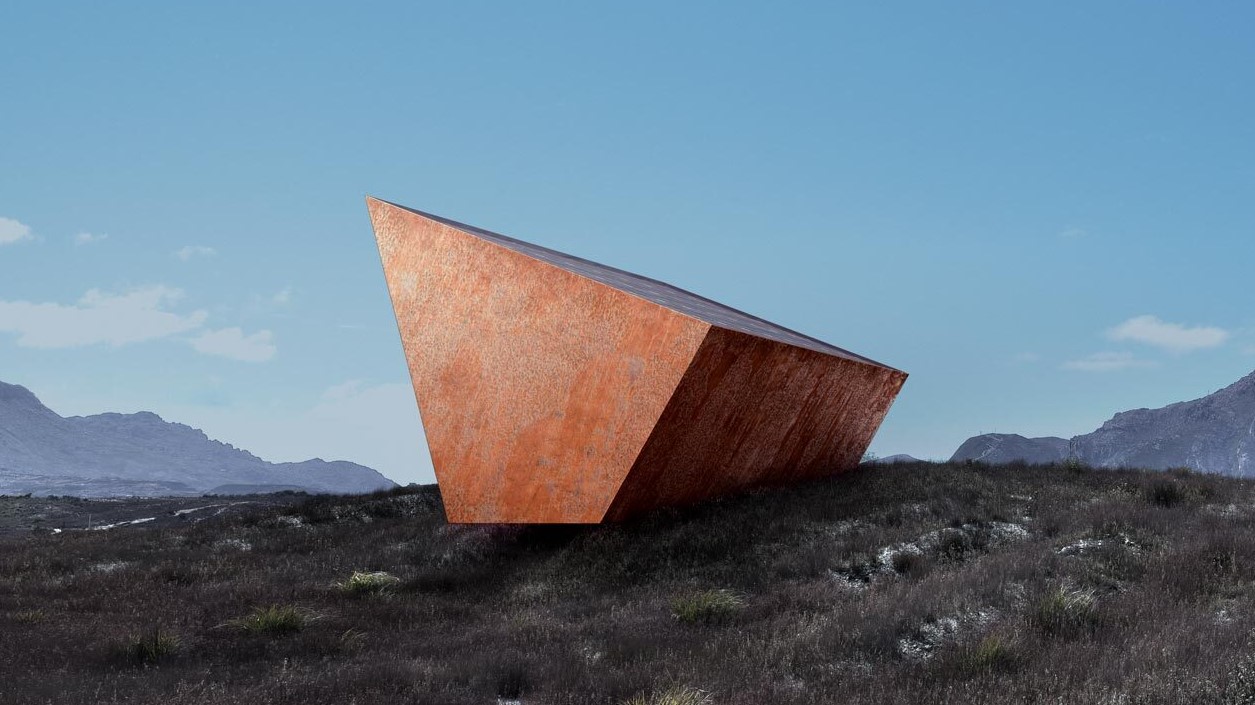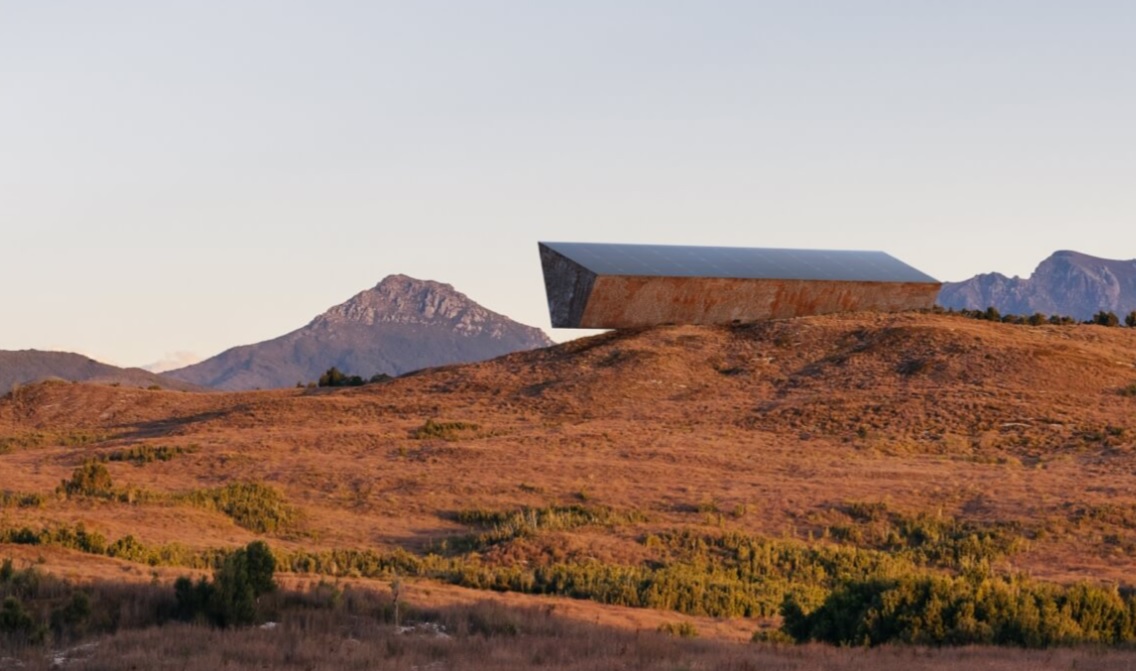Earth’s Black Box is built to survive our apocalypse while recording it
An indestructible black box could give alien life a record of how humanity screwed up

REM’s Michael Stipe sang “it’s the end of the world as we know it and I feel fine” — maybe because he knew that earth's history could be stored in an indestructible black box being developed to record and preserve the moment Planet Earth meets its demise.
This cheerful pre-holiday thought comes courtesy of the Earth's Black Box project. The project, as our sibling publication Live Science explains, is working on creating an indestructible take on the recorder found in commercial aircraft designed to record all the adjustments a plane makes and thus an account of what may have gone wrong if it crashes.
Earth's Black Box version is aiming to take that concept and go large with it, supposedly by early 2022. The idea is to record every action humanity takes relating to the health of the planet and thus have “an unbiased account of the events that lead to the demise of the planet.”
"Unless we dramatically transform our way of life, climate change and other man-made perils will cause our civilization to crash," Earth's Black Box website explains, seemingly with a whiff of doomsday about it.
There is a tinge of hopefulness, with the project hoping the Black Box will “hold accountability for future generations, and inspire urgent action.” Perhaps the idea of all the bad stuff humans do to the planet being recorded and potentially pursued by judgemental extra-terrestrial life might shame humanity into taking more action to prevent climate disasters.
One can imagine a group of sniggering ETs making fun of how people kept filling their cars with an explosive liquid extracted from dead dinosaurs, or doubled over in laughter at the idea of investing in billionaire space travel and not ozone repair.
One tough (and smart) box

Making a box that could survive the collapse of humanity and the end of the world requires some serious engineering. But Earth's Black Box isn't being created to withstand the impact of an asteroid, for example, but rather the ravaging effects of climate change.
Get instant access to breaking news, the hottest reviews, great deals and helpful tips.
As a joint project between the university of Tasmania, communications organization Clemenger BBDO, and art collective Glue Society, Earth's Black Box is a mix of modernist sculpture meets sensor station.
Set to be roughly the length of a bus as 10 meters long, the 4-meter high and 3-meter wide black box resembles an asymmetrical trapezoid monolith laying horizontally. It's surface will be layered with solar panels, which will power a warehouse of mass storage devices and communication equipment.
If the solar panels fail, there's a battery backup hardware on hand, and all that tech will be protected by a 7.5 cm-thick steel shell. However, internet connectivity will still be on offer to help with the archiving of data; we just hope they have good antivirus protection planned.
Speaking of data collection, the black box will suck up a lot of it. It'll gather atmosphere CO2 levels, monitor land and sea temperatures, measure ocean acidification, track the extinction of species, monitor human population numbers and military action, as well as track political movement in global governance. It'll also monitor social media posts and pull in data and news from the Web relating to climate change.
As for where the black box will be based, the west coast of Tasmania has been requested. That's down to the geological and political stability of the region, meaning there won't be a despotic leader around to mess with it.
Of course, time will tell if this project comes to fruition early next year. But with earth's temperature predicted to rise by more than two degree Celsius if climate change isn't managed, as well as a looming water crisis and ice sheets destabilizing, perhaps a black box tracking humanity's climate foibles and action might be better set up sooner than later.

Roland Moore-Colyer a Managing Editor at Tom’s Guide with a focus on news, features and opinion articles. He often writes about gaming, phones, laptops and other bits of hardware; he’s also got an interest in cars. When not at his desk Roland can be found wandering around London, often with a look of curiosity on his face.
